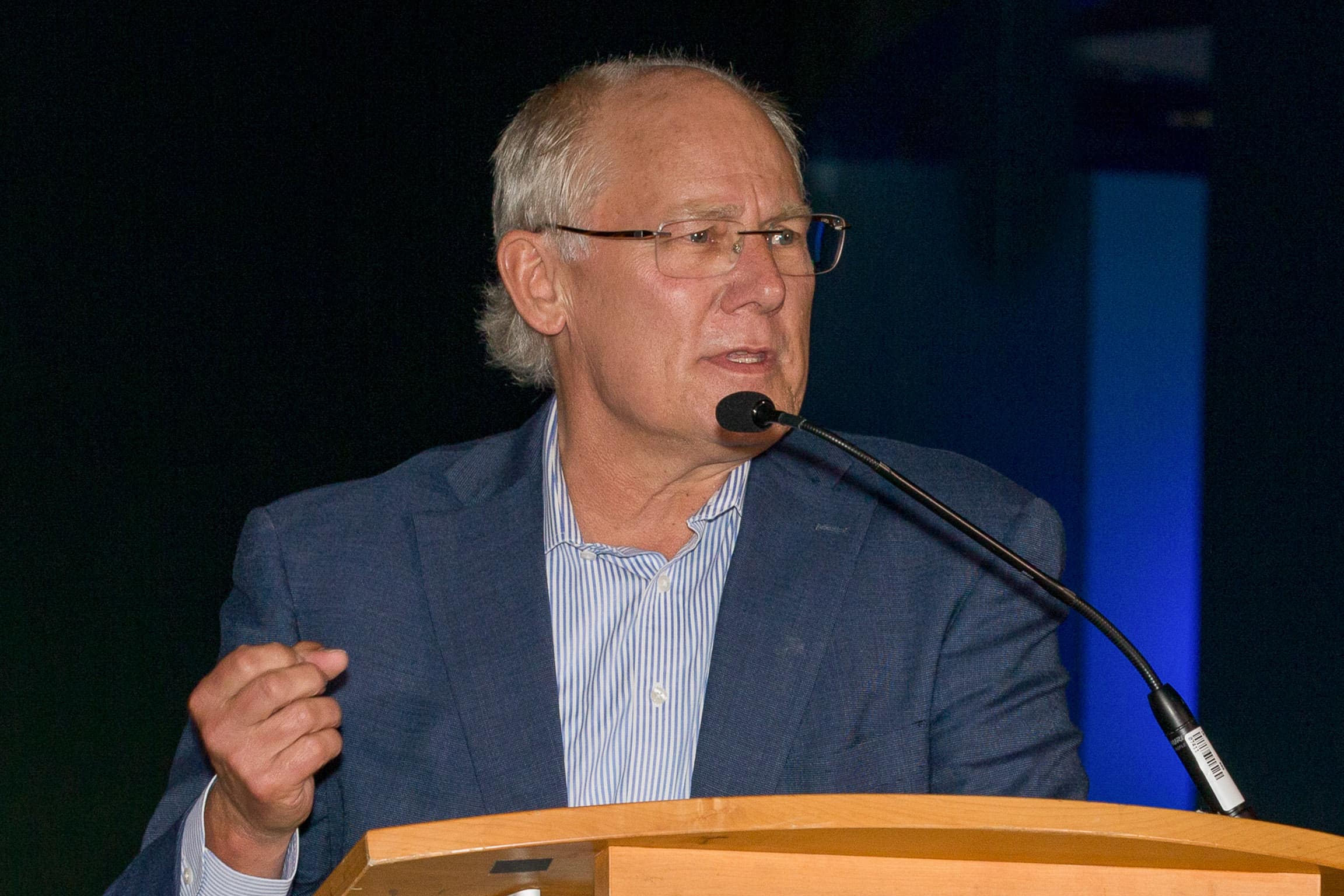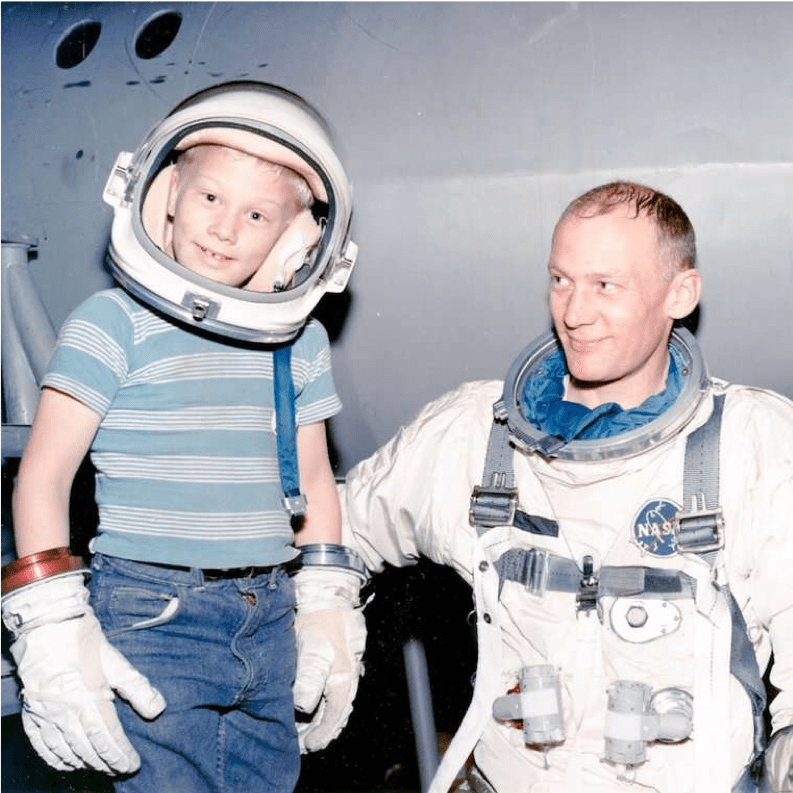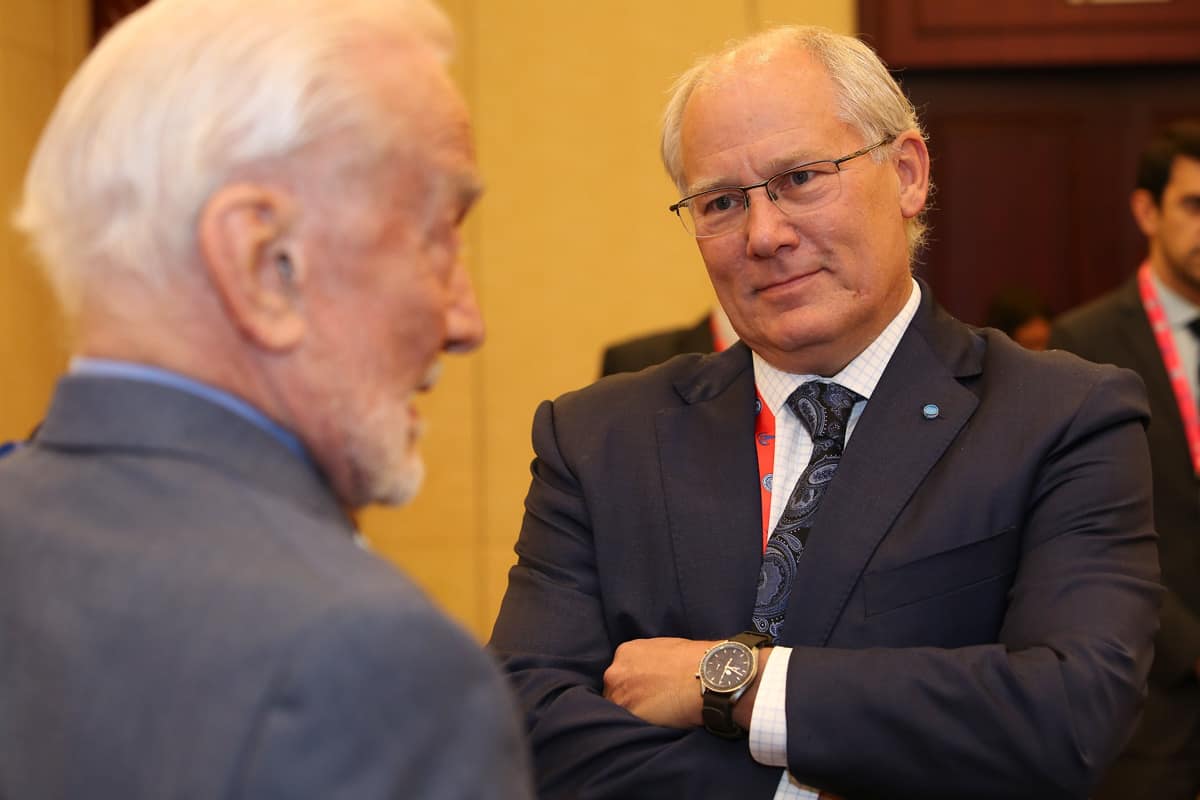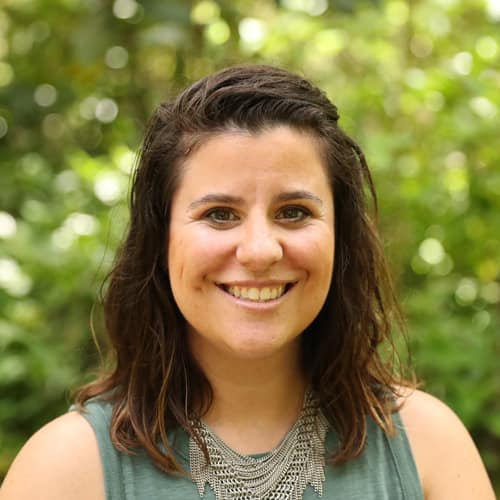College of Aviation Spotlight: Dr. Andy Aldrin

Dr. Andy Aldrin is an associate professor and the program coordinator for the Master of Space Operations in the Worldwide College of Aviation. He holds a Ph.D. Political Science from UCLA, an MBA from TRIUM (NYU, LSE, HEC) and an M.A. in Science, Technology and Public Policy from George Washington University. He is the President of the Aldrin Family Foundation, an organization dedicated to STEM education which has served more than 300 elementary schools and universities. And if the last name sounds familiar, that’s because he’s the youngest son of famed astronaut and engineer Buzz Aldrin.
 Why is space exploration essential for improving life on Earth?
Why is space exploration essential for improving life on Earth?
"We talk a lot about the many ways space directly improves our lives. It is essential for our understanding of the Earth, everything from weather to climate change. Space systems are an essential element of global telecommunications. One important reason for space exploration that we do not talk about as much is national security. As a global power, our nation is completely dependent on space systems for communications, intelligence and understanding what's going on in the world.
"But also on the civilian side, there are underappreciated systems like GPS. When you think about it, there are few sectors of the economy that aren't dependent on GPS. Things like Google Maps, Uber and weather forecasting depend on GPS, which makes everyday life better."
How have your own studies excited your passion for space?
"What motivates me is curiosity. I didn't intend to be a space cadet, I actually started life as a Sovietologist. And I wrote my dissertation on how the Soviet Union beat the United States into space. Then the Soviet Union went away, which, of course, wasn't good for my career path. So, I had to pivot. I was always fascinated by the disconnect between public thoughts about space and what was really happening underneath (the economics, industrial applications, technology and management of it). I loved the whole industry and it just seemed like an area where there weren't a lot of people who were doing really good work there, and I wanted to contribute in my own way."
 What fuels your work with the Aldrin Family Foundation?
What fuels your work with the Aldrin Family Foundation?
"My dad was always supportive of bringing the excitement of space to kids in school. The mission of the foundation is to take the excitement of space and bring it into the classroom so that it ignites curiosity. And it's not just about STEM. We do project-based learning, which is teaching kids to be curious and innovative. But the most important aspect of what we do is teaching the importance of communication skills because the greatest ideas are useless unless you can communicate them."
What was it like for you when your dad was on his missions?
"You know, we had a house that was at the end of the cul de sac and there were five houses behind us; three of them belonged to astronauts. In my elementary school, it was more common than not to be an astronaut's kid. So, it was a really normal part of life. We talked about it at the kitchen table, it was kind of part of my education. It wasn't until the 40th anniversary did I realize just how much of a big deal it really was and it made me have a deeper appreciation for it."
What is unique about Embry-Riddle's Master of Space Operations?
"What I realized is that we don't train people to understand the ecosystem of space. In talking with executives, we learned that they're looking for people who understand the environment that they're working in. In the space industry, there's a lot of economic, business and political decisions to make. With this program, we're taking people who already have an established career and giving them the knowledge of the overall system that they work in, in order to make the right decisions for companies like SpaceX, where you can't make decisions if you don't really know what's going on."

 Kati Callahan
Kati Callahan